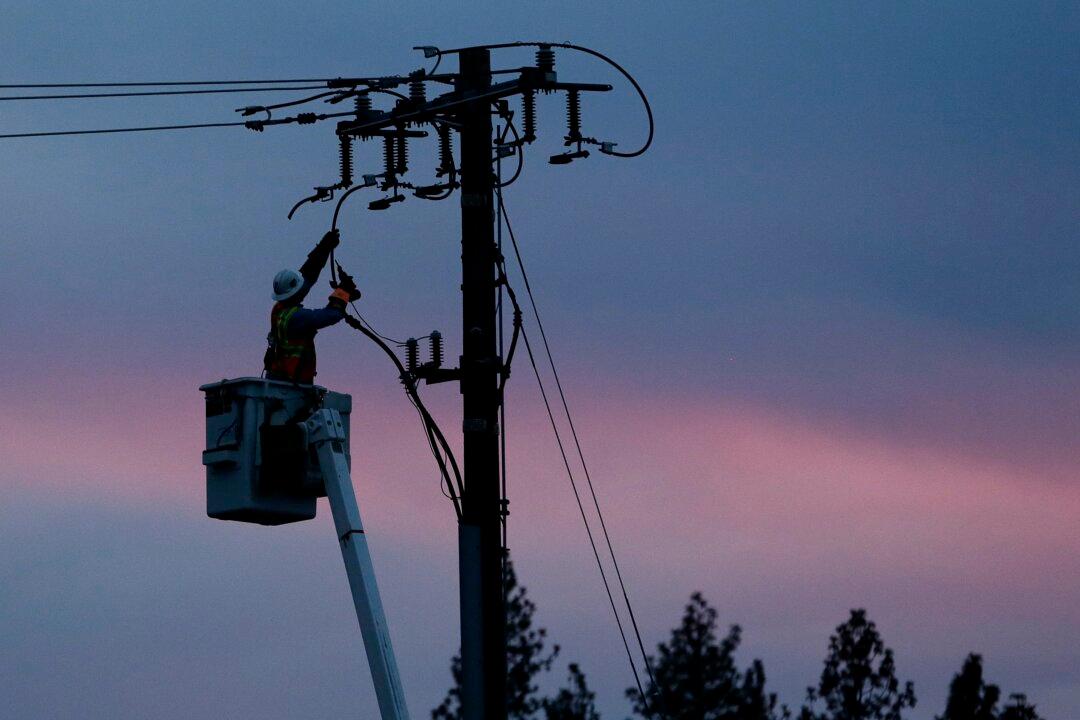When a power outage knocked out electricity to a multistate region in 2003, Gabriella Barthlow, a financial coach in the Detroit area, was prepared. She had enough money on hand to buy food for herself and her two young children, plus put gas in her car in case they needed to leave home.
“I was so happy I had that cash,” she recalls. Now, Barthlow encourages her clients to be similarly ready for unexpected events. Power outages, weather interruptions and other disasters can inflict chaos and take a financial toll—often with little warning—but being prepared can help minimize the damage.






